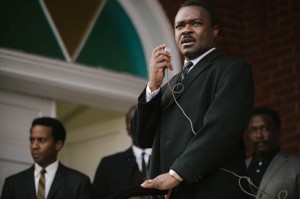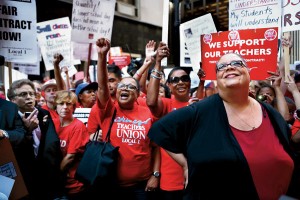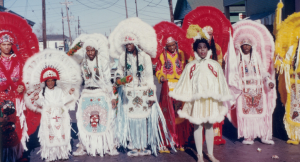
On the End(s) of Black Politics
A politics whose point of departure requires harmonizing the interests of the black poor and working class with those of the black professional-managerial class indicates the conceptual and political confusion that underwrites the very idea of a Black Freedom Movement. The prevalence of such confusion is lamentable; that it go unchecked and without criticism is unacceptable. The essays that appear in this section will critique this tendency and offer in its stead a vision of what we think ought to be.






